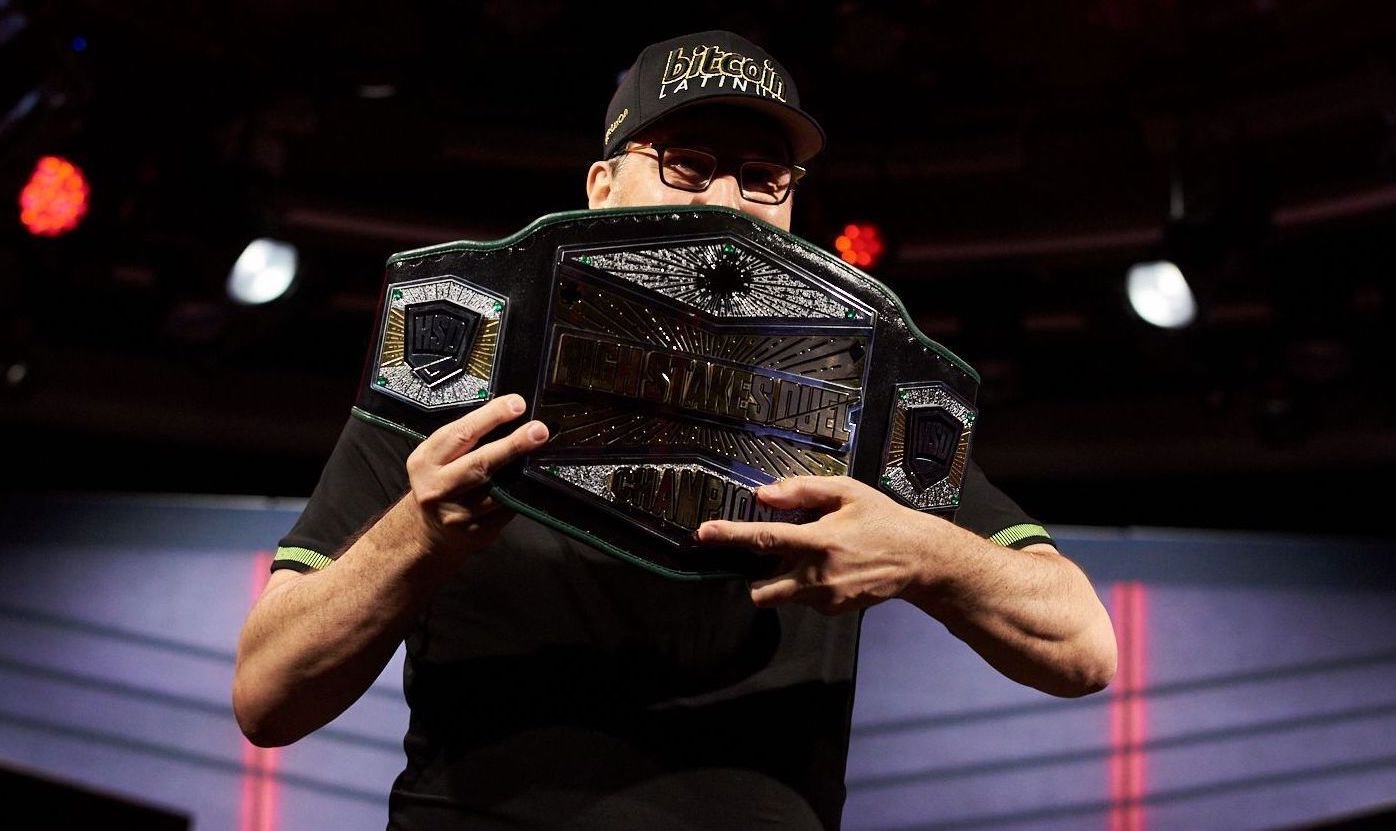
METAL OPTIONS FOR CUSTOM AWARDS
A Variety of Options for Custom Metal Awards
One of the advantages of working with Bennett Awards on your custom award project is the almost endless variety of approaches we can take to ensure your awards are the best fit for your specific needs. Unlike many award companies, who specialize in a specific production methodology (e.g., casting or machining) or material (e.g., acrylic or crystal), we have a full spectrum of approaches available and squarely in our realm of expertise. This is one of the key things that differentiates Bennett Awards from our competitors.
One of the more distinctive and premium families of materials we work with is metal. Metal can be used to produce awards using a variety of production methods, including casting, fabrication, and 3D printing. Some metals are ideally suited for a singular production method, while others span several of the methods. We’ve outlined some of the primary metal types we use for our custom awards, and relative advantages and disadvantages of each.
Bronze
Advantages:
Durability: Bronze is an extremely durable material that can withstand the test of time
Aesthetic Appeal: Bronze has a classic, timeless appearance that is often associated with prestigious awards and sculptures.
Detail and Complexity: Bronze is a strong, hard metal, which enables smaller, more intricate details and complex forms.
Finish Richness: Bronze can patinaed with an almost endless spectrum of colors and finishes. In addition, combined with high polishing, this can be used to accentuate elements of the award design.
Disadvantages:
Weight: Bronze awards tend to be heavy, which can make lifting/hoisting challenging
Finish Maintenance: Bronze, particularly when exposed to natural elements, can oxidize and tarnish over time. This can be mitigated by patina and protective coatings.
Startup Cost: Bronze casting often requires more startup costs (model, mold, casting, finishing) than awards that are machined or printed.
Pewter
Advantages:
Lighter Weight: Pewter is lighter than bronze, making it easier to handle and transport.
Organic Appearance: As a softer metal, pewter lends itself to award designs with “soft” curves and edges, and has an organic “handcrafted” feel.
Disadvantages:
Softness: Pewter is a relatively soft metal, making it difficult to produce award designs that feature hard, sharp edges and precise geometric shapes.
Detail Fidelity: As a softer metal, pewter is less capable of supporting fine details in the award design; these detailed elements must be more pronounced.
Startup Cost: Pewter casting often requires more startup costs (model, mold, casting, finishing) than awards that are machined or printed.
Limited Finish Options: Pewter supports a limited set of finish options, which may not suit all award designs.
Durability: As a soft metal, pewter can be prone to scratches, dents, and breakage. It does also not fare well in outdoor environments.
Zinc
Advantages:
Affordability: Zinc is generally more affordable compared to bronze and pewter.
Lighter Weight: Zinc is lighter than bronze, making it easier to handle and transport.
Versatility: Zinc can be cast with fine details and sharp edges, allowing for intricate award designs.
Disadvantages:
Corrosion: Zinc is susceptible to corrosion over time, especially in outdoor or humid environments.
Lighter Weight: While this can also be a positive, some associate awards with more weight and heft as a proxy for quality.
Titanium
Advantages:
High Strength-to-Weight Ratio: Titanium is exceptionally strong while being relatively lightweight, making it suitable for large sculptures or outdoor installations.
Corrosion Resistance: Titanium is highly resistant to corrosion, even in harsh environments.
Unique Aesthetics: Titanium can achieve unique and striking colors through anodizing processes.
Disadvantages:
Cost: Titanium is an expensive material, making it less accessible for award projects with budget constraints.
Difficult to Work With: Titanium has a high melting point and is challenging to weld or cast, requiring specialized equipment and expertise. This contributes to the high cost.
310 Stainless Steel
Advantages:
Excellent Corrosion Resistance: 330 stainless steel offers superior resistance to corrosion, making it suitable for outdoor or marine environments.
High Temperature Resistance: This stainless steel variant can withstand elevated temperatures without significant degradation.
Strength: 330 stainless steel provides good strength and durability.
Disadvantages:
Weight: Stainless steel, including 330 stainless steel, tends to be heavier compared to other metals like aluminum or titanium.
Cost: Stainless steel can be more expensive than other metals like aluminum or bronze, making it unsuitable for award projects with tight budgets.
420 Stainless Steel
Advantages:
Corrosion Resistance: 420 stainless steel has good corrosion resistance (though not as much as 330), making it suitable for outdoor awards or sculpture installations.
Strength and Durability: 420 stainless steel offers good strength and durability, making it suitable for awards that require structural integrity.
Disadvantages:
Weight: Stainless steel, including 420 stainless steel, can be heavy, which may impact transportation and installation.
Cost: Stainless steel can be more expensive than other metals like aluminum or bronze, making it unsuitable for award projects with tight budgets.
6061-T6 Aluminum
Advantages:
Lightweight: Aluminum is significantly lighter than many other metals, making it easier to handle and transport awards.
Corrosion Resistance: Aluminum naturally forms a protective oxide layer, providing good resistance against corrosion.
Versatility: Aluminum is relatively easy to work with and can be shaped into intricate forms.
Disadvantages:
Softness: Aluminum is a relatively soft metal and can be prone to scratching or denting.
Limited Strength: While 6061-T6 aluminum has good strength for general purposes, it may not be as strong as other metals like steel or titanium.
We're here to help!
When you begin a custom award project, one of our project managers can help you determine the best choice of material for your specific needs. Give us a call, we're always here to help.





